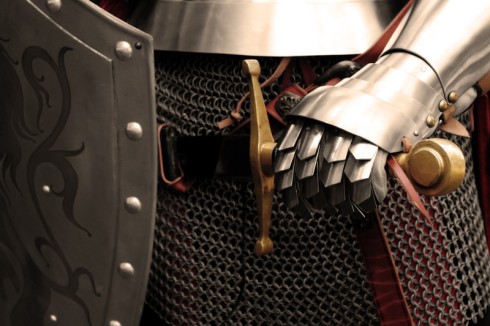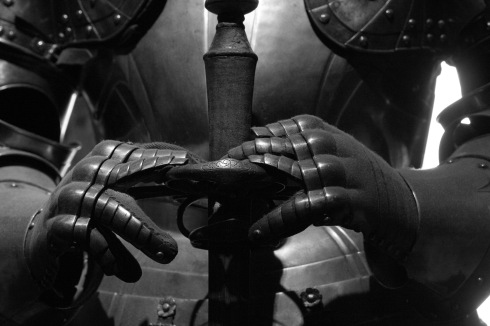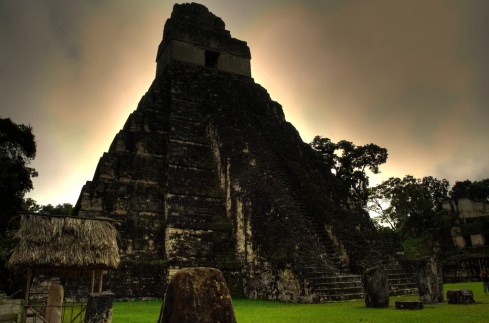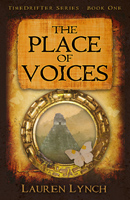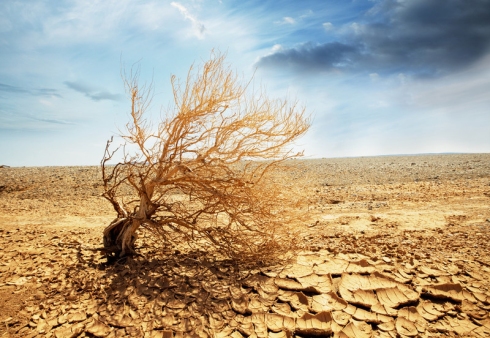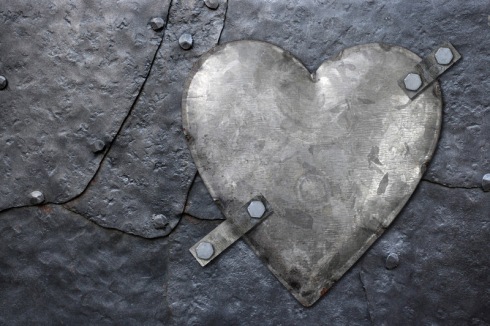The debate is nothing new, yet I’m still surprised by how often it comes up in Christian writer’s circles. One position claims that it’s fine to pepper Christian novels with swearing in an effort to accurately portray our fallen world. These novels are proclaimed “art” and therefore above reproach. They are “edgy.” These writers are sick of being judged and tired of novels that are prudish and “sanitized” for Christian readers.
I confess to sometimes reading secular books with swearing, and I’m not at all surprised when I come across it in that context. Does it grate against the fibers of my mind? Yes. Is it what I want to fill my thoughts with? No—but on occasion, I overlook offensive content for a book that receives rave reviews. Should I? Probably not. I give in less and less in that area. Is it unfair of me then to expect a lack of profanity in a Christian book? I’d argue, not.
“Do not conform to the pattern of this world, but be transformed by the renewing of your mind. Then you will be able to test and approve what God’s will is—his good, pleasing and perfect will.” (Romans 12:2)
When we choose to read a book, we put ourselves fully at the mercy of the author, their word choices and their worldview. One angle in this whole debate was that works of edgy Christian fiction can be life-changing and evangelical. My only response would be that in order to succeed in that aspect, the book might best be marketed in a secular category. Then again, if we combine it with Christian content of some sort, are we sending a mixed message?
“In everything set them an example by doing what is good. In your teaching show integrity, seriousness and soundness of speech that cannot be condemned, so that those who oppose you may be ashamed because they have nothing bad to say about us.” (Titus 2:7-8)
Have I failed in this area? Absolutely. Ignorant of another country’s potential offense to one of my word choices, I included it in my first book. When a reader in that country clued me in, I removed it. My efforts are far from perfect, but creating something that glorifies God is what I ultimately strain for. I don’t believe that using language that offends some is the way to accomplish this goal.
“Do not let any unwholesome talk come out of your mouths, but only what is helpful for building others up according to their needs, that it may benefit those who listen.” (Ephesians 4:29)
I have to ask Christian authors who choose to include profanity in their books—is it necessary? Is it worth it to risk offending, and even potentially losing, a portion of your intended audience? Or could the novel still be a work of art without it?
“Finally, brothers and sisters, whatever is true, whatever is noble, whatever is right, whatever is pure, whatever is lovely, whatever is admirable—if anything is excellent or praiseworthy—think about such things.” (Philippians 4:8)
In our pursuit of excellence, it just seems right to craft a novel using lovely words—prose that will edify, and renew our minds. I admire authors who do. There is an art to achieving edginess without cheapening it.
I’m sure I just pushed some buttons here. I try my best not judge or condemn, but when I begin to feel assaulted by novels that claim to be Christian yet offend, I feel the need to speak up … just one girl’s opinion in a noisy world.
“May these words of my mouth and this meditation of my heart be pleasing in your sight, Lord, my Rock and my Redeemer.” (Psalm 19:14)
What is your position on profanity in Christian novels? Do you think it can bring about positive life changes when used in a certain way? Is it what you want to read?


